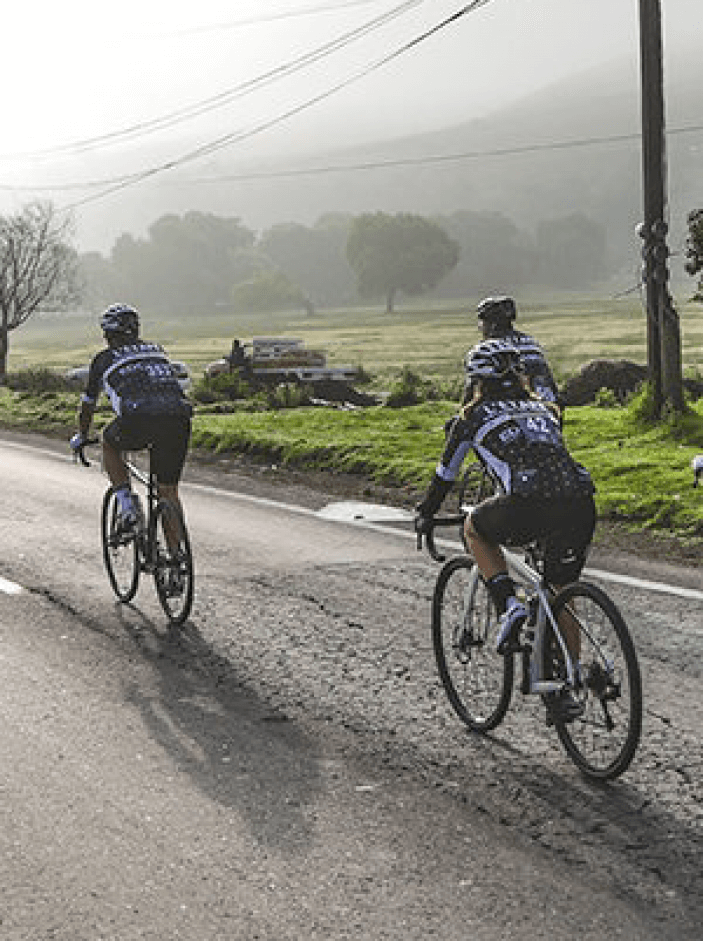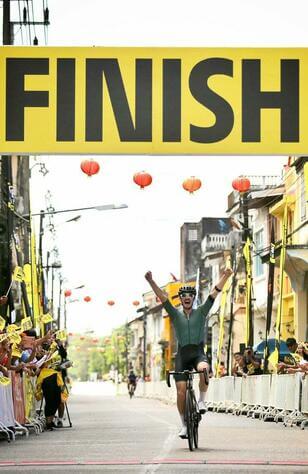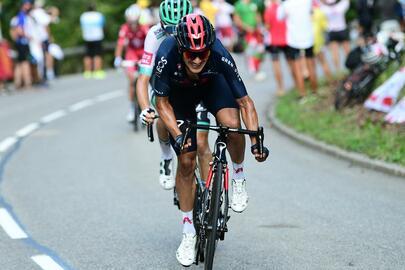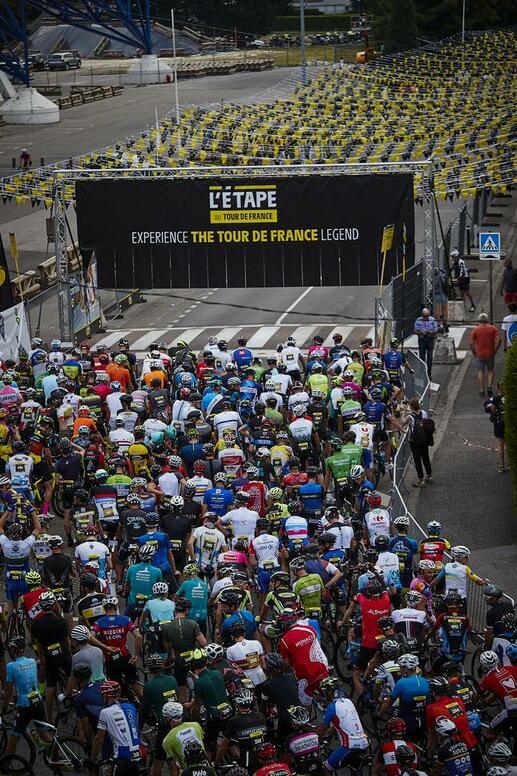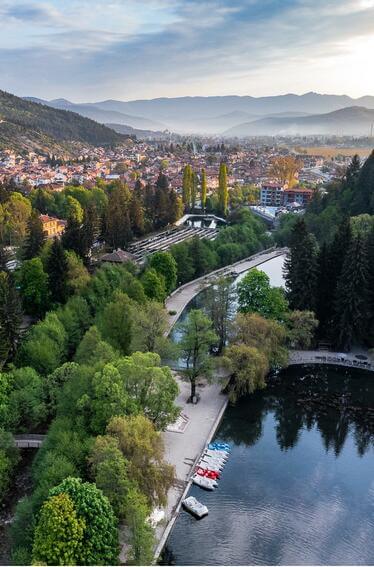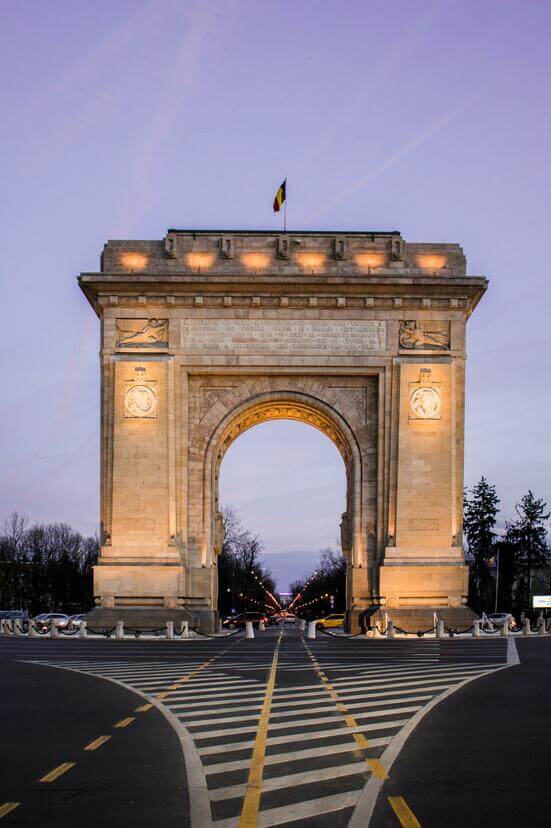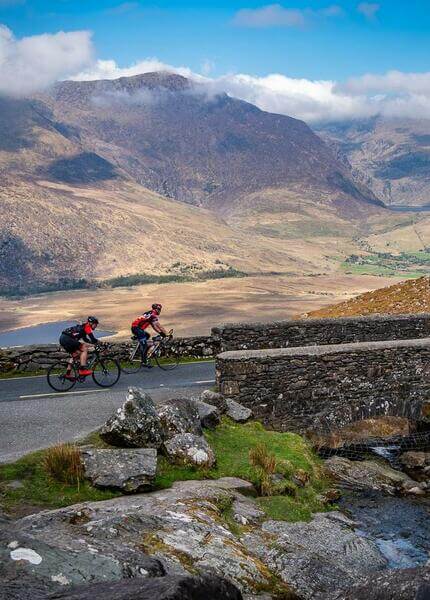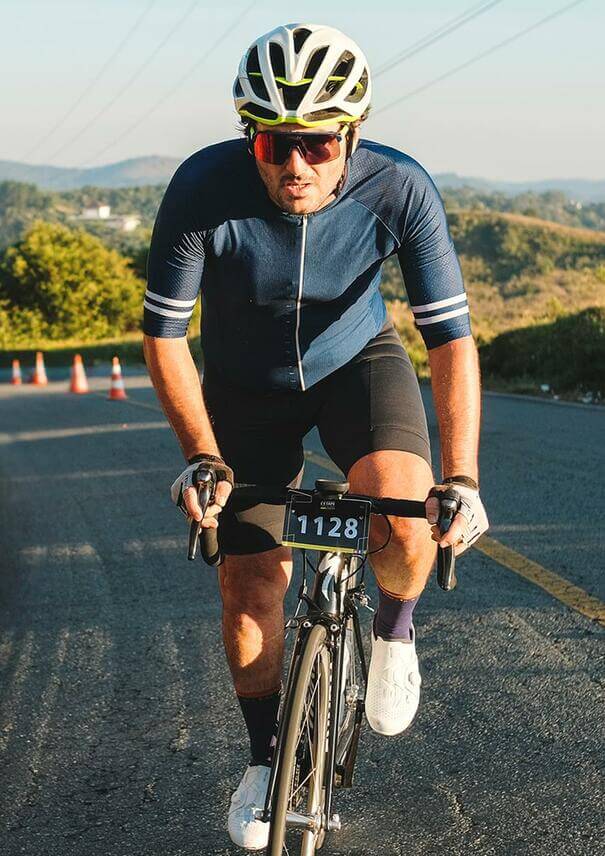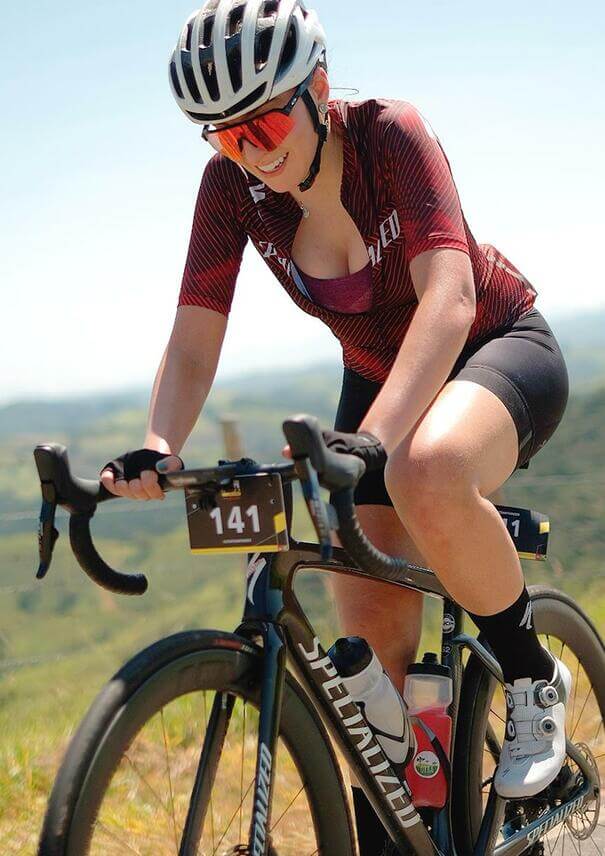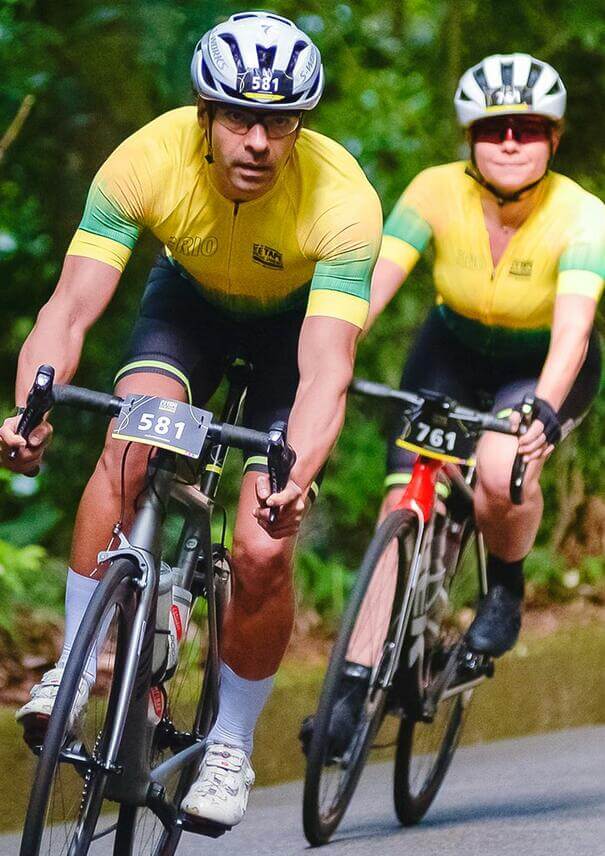L'Etape Slovenia promotes sports etiquette and the principles of fair play
The principles of fair play are universal values and a compass for all areas of life to enhance the quality of coexistence among people.
While fair play is often associated with sports its values are so universal that they are leveraged to all aspects of life, including education, business, culture, traffic, family relationships, and relationships with loved ones. Formal and informal rules aim to ensure equal opportunities for everyone to achieve their goals and encourage a fair intention – that our actions steam from the principle of honesty and fairness.


Fair play in traffic
Recreational cycling is a wonderful sport but requires full attention as it takes place on traffic roads. When engaging in this sport it is essential to have clear image of the meaning of "survival instincts":
- Know and adhere to traffic regulations without exception.
- Be aware of the vulnerability as a cyclist compared to a motor vehicle.
- Know how to coexist with other traffic participants and understand when a "big ego" can be fatal. Even if you have the right of way, let awareness of fragility guide you, and yield even when it is rightfully yours. Satisfy your ego with challenging turns. It feels good; anger subsides, satisfaction returns.
- Become a good observer who can anticipate situations. This skill develops with experience, so beginners, beware! Cycling during peak traffic on heavily congested roads is not recommended. Choose side roads with less traffic; the enjoyment on such roads is much greater, with fewer emissions, less noise, fewer traffic lights and intersections, less stress, and consequently more pleasure and better views.
- Even though your bike is your escape remember that the road is not "your" playground. It is a road with many participants, each driver in their mood, with their driving style. You cannot influence them; you can only control yourself.
Fair play in cycling races
Cycling races are not just competitions for victory; they are also an opportunity for cyclists to show respect to fellow competitors, spectators, the sport, and organizers. The purpose of recreational races is not to promote competitiveness but a healthy and active way of spending leisure time. Each participation in a race requires a certain level of physical fitness and good psychophysical condition. Excessive strain on your body in non-professional settings is not beneficial and can even be detrimental. The guiding principle of recreation is joy – pure joy, socializing, making connections, and maintaining the body in excellent condition for a quality aging process.
Cycling etiquette
Cycling etiquette is the key to a good race as it contributes to creating a positive environment and a safe and fair competition. Below are the key principles of cycling etiquette that all cyclists should respect in cycling events; both professional and recreational, although there is a significant difference between them: the importance of time. In recreation, time should not be our ruler; the ruler is the quality of spent free time that fills your batteries, "disconnects" you from everyday stress, brings you closer to yourself, connects the mind and body.
(1) Respect your fellow competitors
Maintain the principles of fairness ("fair play") before, during, and after the race. Disrespectful behavior towards other cyclists, especially during the race, can cause dangerous situations and reduce the quality of the competition. Remember that you compete for yourself and for pleasure; time is of secondary importance. Do not take advantage of weaker competitors. Respect differences in abilities among race participants; these differences are even more significant among recreational participants, influenced by the number of kilometers ridden, the time spent in this sport, age, and gender.
(2) Safety first
Respect traffic rules. Cyclists must always ride in accordance with traffic regulations. However, it is also crucial to warn fellow competitors about dangers within the group of cyclists. If you notice potential dangers on the road: cracks in the asphalt, obstacles, sharp turns, slippery terrain, etc., inform other cyclists as this significantly contributes to avoiding collisions, falls, flat tires, and other inconveniences.
(3) Fair Play on the road
Avoid unsportsmanlike moves. Refrain from disrespecting race rules, such as blocking other competitors or making unfair maneuvers, pushing, hindering, zigzagging, etc. Always follow the markings, directions, or instructions of race directors, police, and other accompanying personnel on the race.
L'Etape Slovenia's Sunday trials take place on closed roads; closures are time-limited, and on some road sections, closures are partial or occasionally lifted for local traffic. Always follow traffic regulations and act in accordance with the instructions of race directors or directional signs.
(4) Respect the fans
Fans are crucial in creating an authentic atmosphere at every sports event, so it is welcome to greet and respond to them. Reward them with your friendly response, and they will cheer you even louder. L'Etape Slovenia has left a lasting impression on many participants precisely because of the lively fan atmosphere in Podblica on the ascent to Jamnik and on other sections along the route. The recognition of the fan atmosphere strengthens the motivation of participants and makes it easier for them to cover kilometers until crossing the finish line.
(5) Maintain a clean sports spirit
Do not use prohibited substances. Respect anti-doping rules and maintain a clean sports spirit. Let your guiding principle be a healthy spirit in a healthy body. If you notice irregularities or unethical behavior, inform the organizers or relevant personnel.
(6) Encourage solidarity and collegiality
Offer help. If a cyclist experiences difficulties or a fall, offer assistance but always in a safe manner – on sections that allow it and in a way that does not hinder participants behind you with sudden braking. If you notice a participant in physical distress, encourage them; offer them refreshments, drinks, a ride in your slipstream.
(7) Share experiences
Sharing experiences with fellow competitors contributes to the development of the cycling community.
(8) Respect the organizers
Follow race rules. Every cyclist must strictly adhere to the rules of organizers, as this is the basis for ensuring the safety of all cyclists and other participants in the race. Everyone can be an ambassador for the race – through their exemplary behavior. Cyclists can contribute to promoting the race and cycling as a sport and thus spread its values.
(9) Respect the environment
Dispose of all waste, candy wrappers, gels, or used bottles in trash cans at refreshment stations or at the finish or in designated ecological areas. Do not urinate in nature. Respect the residents and local population through whose places the race route passes. Be aware that you are guests in their place, so maintain a respectful attitude towards their private property.
L'Etape Slovenia encourages the principles of fair play
Cycling etiquette is of crucial importance to ensure a safe, respectful, and fair environment in cycling races. Respecting the fundamental principles of etiquette not only improves the experience of all participants but also contributes to the reputation of cycling as a sport.
We thank to all L’Etape Slovenia participants of the past events for adhering to the principles of fair play. Together with you we have built the image of the event. We welcome new cycling enthusiasts to join our peloton. We are thankful to everyone who spreads the nobility of the principles of fair play.






